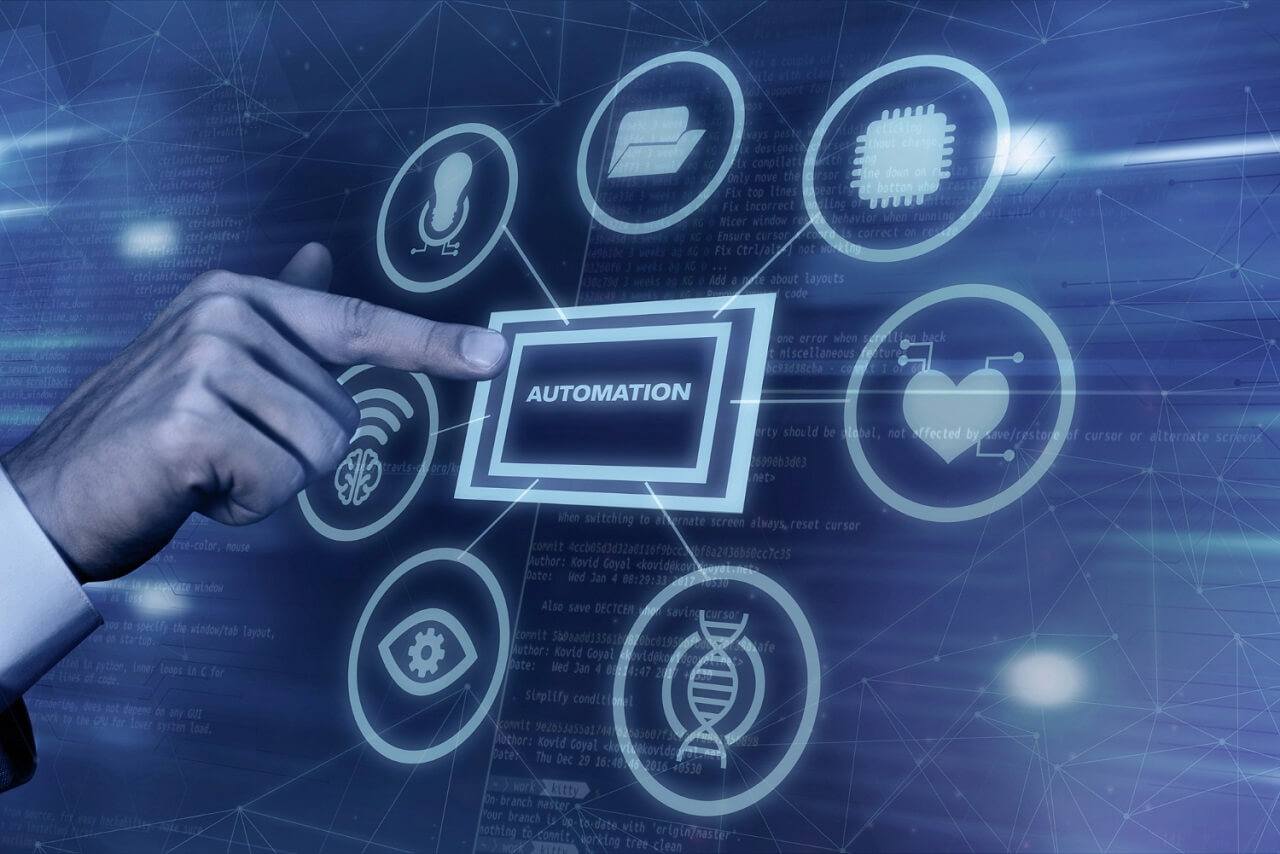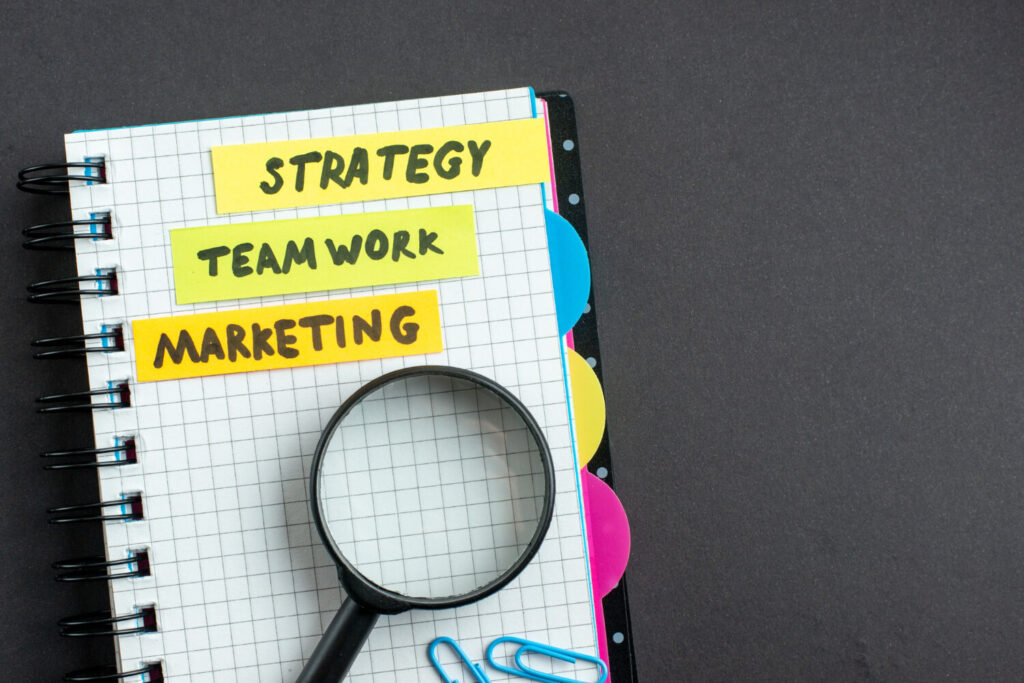The landscape of talent acquisition is undergoing a radical transformation thanks to the rapid advancements in artificial intelligence (AI) and automation technologies. As we look ahead to 2025, it’s evident that the traditional methods of recruiting are being replaced by more sophisticated and efficient processes.
In this article, we will explore the key trends and developments shaping the future of talent acquisition, offering insights into what organizations can expect in the coming years.
AI and Automation Trends in 2025
AI-driven Recruitment Platforms
AI has become a game-changer in talent acquisition, providing recruiters with powerful tools to streamline hiring. In 2025, we anticipate the widespread adoption of AI-driven recruitment platforms that leverage machine learning algorithms to analyze vast data and identify the most suitable candidates. These platforms can sift through resumes, assess skills, and even predict a candidate’s future performance based on historical data. This not only saves time but also ensures a more objective and data-driven approach to hiring.
Chatbots for Candidate Interaction
The integration of chatbots into the recruitment process is another trend gaining momentum. Chatbots powered by natural language processing (NLP) can engage with candidates, answer their queries, and even conduct initial screening interviews. This not only enhances the candidate experience by providing real-time responses but also frees up human recruiters to focus on more strategic aspects of talent acquisition. In 2025, we can expect more sophisticated and empathetic chatbots that can assess not just skills but also cultural fit and soft skills.
Predictive Analytics for Talent Scouting
Predictive analytics is set to revolutionize talent scouting by enabling organizations to identify potential candidates even before they actively apply for a job. By analyzing various data points such as social media activity, past job changes, and skill development, predictive analytics can create profiles of passive candidates who might be open to new opportunities. This proactive approach allows companies to build a talent pipeline, reducing time-to-hire and ensuring a steady stream of qualified candidates.
Automated Candidate Screening
The traditional process of manually reviewing resumes and cover letters is becoming obsolete with the rise of automated candidate screening. AI algorithms can quickly scan and assess resumes, identifying key skills, experiences, and qualifications. This not only accelerates the initial screening phase but also minimizes human biases, ensuring a fair and objective evaluation of candidates. In 2025, we can expect more sophisticated screening tools that go beyond keyword matching, incorporating contextual understanding and semantic analysis.
Virtual Reality (VR) in the Interview Process
As remote work becomes more prevalent, organizations are turning to virtual reality to enhance the interview process. In 2025, we can anticipate the widespread use of VR for conducting virtual interviews, giving recruiters a more immersive and realistic understanding of a candidate’s personality and communication skills. VR interviews can simulate real-world scenarios, allowing recruiters to assess a candidate’s problem-solving abilities and how they would perform in specific job-related situations.
Skills-based Hiring
In the evolving job market, the emphasis is shifting from traditional qualifications to specific skills. AI plays a crucial role in skills-based hiring by accurately assessing a candidate’s competencies. This trend is likely to gain further momentum in 2025, with organizations relying on AI tools to match candidates with the exact skills required for a particular role. This not only ensures a better fit but also promotes diversity by focusing on what candidates can bring to the table rather than their formal credentials.
Ethical and Bias-Free Recruitment
One of the critical concerns in AI-driven talent acquisition is the potential for bias. In 2025, we can expect a heightened focus on developing and implementing AI solutions that are ethical and bias-free. Organizations will invest in technologies that not only minimize biases in algorithms but also actively promote diversity and inclusion. This includes regular audits of AI systems, transparency in algorithms, and ongoing training for recruitment teams to understand and address potential biases.
Continuous Learning Platforms
The rapid pace of technological advancements requires employees to continually update their skills. Talent acquisition in 2025 will see the integration of continuous learning platforms that assess employees’ current skills, identify skill gaps, and recommend relevant training programs. AI algorithms will personalize learning paths for individuals, ensuring that employees remain competitive in their respective fields. This not only benefits employees but also enhances an organization’s ability to adapt to changing industry demands.
Why Use AI and Automation for Sourcing Talent?
Employing AI and automation for talent sourcing is instrumental in optimizing the recruitment process, providing several compelling advantages.
- Efficient Candidate Screening: AI automates the initial screening of resumes, swiftly identifying top candidates based on specified criteria, saving time and resources.
- Data-Driven Decision-Making: Automation processes vast amounts of data, facilitating more informed and data-driven talent acquisition strategies.
- Enhanced Predictive Analytics: AI utilizes predictive analytics to forecast a candidate’s success, enabling proactive talent scouting and reducing time-to-hire.
- Minimized Bias: Automation reduces human biases in the initial screening process, fostering a fair and objective evaluation of candidates.
- Increased Scalability: AI and automation allow for the efficient handling of large volumes of candidate data, enabling organizations to scale their recruitment efforts seamlessly.
Incorporating AI and automation in talent sourcing not only expedites the hiring cycle but also ensures more accurate and unbiased identification of top-tier candidates, ultimately leading to better hiring decisions and improved overall organizational performance.
Conclusion
As we move towards 2024, the role of AI and automation in talent acquisition will continue to evolve, reshaping how organizations attract, assess, and retain top talent. From AI-driven recruitment platforms and chatbots for candidate interaction to predictive analytics and virtual reality in interviews, the future of talent acquisition is undoubtedly high-tech and data-driven. However, it’s crucial for organizations to balance technological advancements with ethical considerations, ensuring that AI is used responsibly and promotes diversity and inclusion. By staying ahead of these trends, organizations can position themselves for success in a dynamic and competitive talent landscape.
Stepping into the game, Sourcing Square leverages AI and automation in talent acquisition, ensuring smart recruitment. Its advanced algorithms streamline candidate screening, predict candidate success, and enhance the overall hiring process. With Sourcing Square, businesses can efficiently navigate the evolving landscape, identifying top talent and making informed, data-driven decisions for their recruitment needs.




